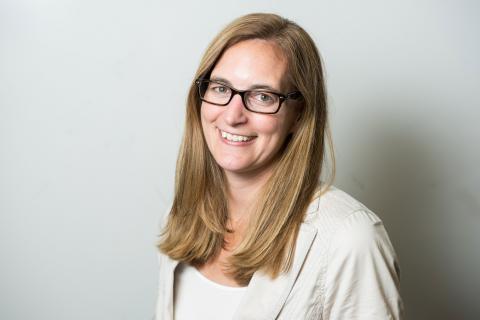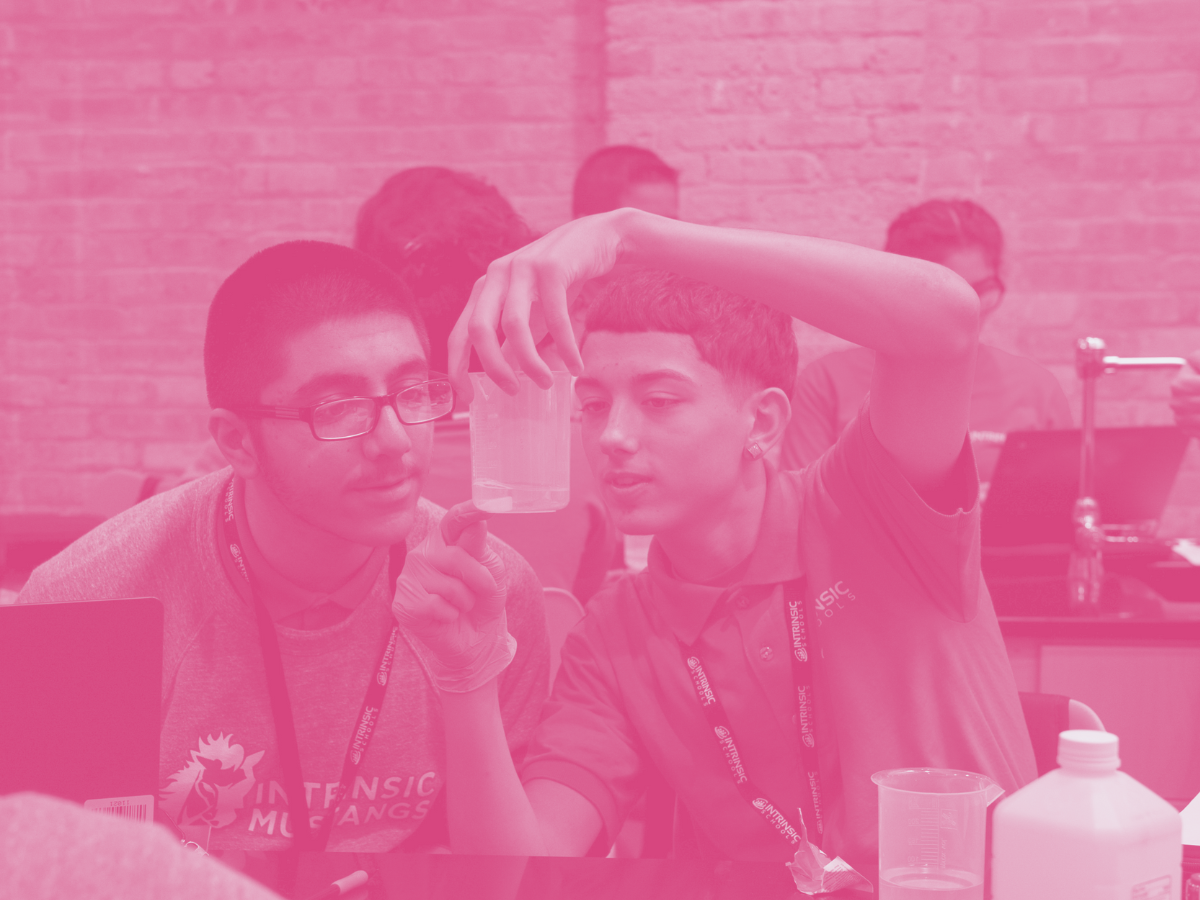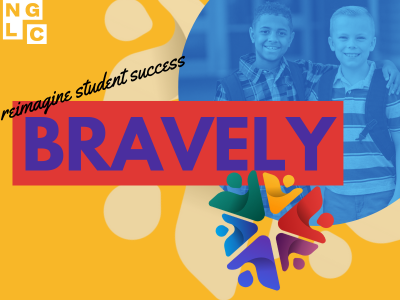New Designs for School
What do Teachers & Students Think of Personalized Learning Schools?
Topics
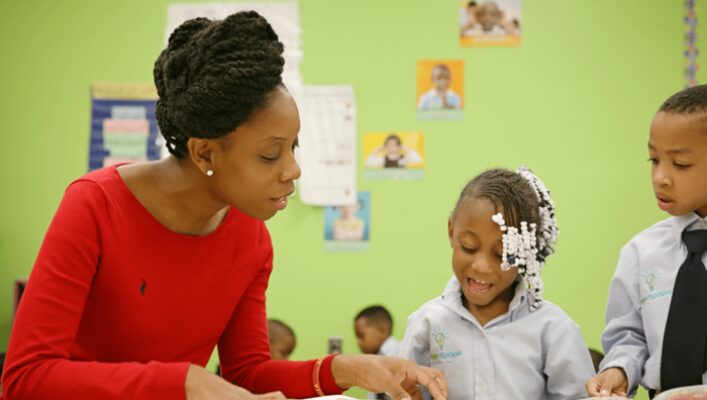
We’ve all had the experience of truly purposeful, authentic learning and know how valuable it is. Educators are taking the best of what we know about learning, student support, effective instruction, and interpersonal skill-building to completely reimagine schools so that students experience that kind of purposeful learning all day, every day.
Ever wonder what both teachers and students think of personalized learning? A recent RAND Corporation report offers us an initial perspective.
What do teachers and students think of personalized learning schools? The RAND Corporation’s report, Early Progress: Interim Research on Personalized Learning, offers an initial perspective. The report shares experiences and attitudes of teachers and students in 23 schools included in their two-year study.
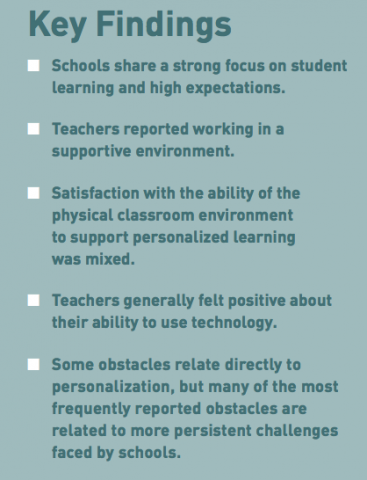
The schools in the study are NGLC breakthrough model schools, the Charter School Growth Fund’s Next Generation School Investments, and the Gates Foundation’s Personalized Learning Pilots. The report’s key findings (copied from p. 22) speak to a rigorous and supportive climate, although there were mixed perspectives on physical spaces—and of course there are always challenges to overcome.
Teacher Professional Development: A whopping 83% of teachers said their professional training was designed based on student data! Not as many—but still a clear majority—of teachers said PD experiences helped them understand how to personalize goals for students (69%) and how to offer instruction that better addresses individual students’ needs (64%). But about half of the teachers felt there was room for improvement: 50% said PD took more time than it was worth and 48% said it tried to cover too many topics.
Challenges of Teaching in a Personalized Learning School: What were the challenges cited by teachers? The personalized learning schools in the study are characterized by competency-based approaches to instruction, and teachers said they needed more information to help them assess student mastery. They were positive about their access to data for decision-making, but wanted more or different information to identify when a student reached mastery. They also reported that it was challenging to explain mastery to students and parents (from p. 25):
“…because students’ grades tend to be lower [than with traditional grades]. When I was in middle school, if you did all your work, you’d get at least a B. Mastery-based grading is if you really understand [the content] and you’re not just completing every worksheet.”
Teachers also reported struggling with the time, skills, and effort required to personalize content, structure, and pacing of lessons for individual students. “You can always do more.” (p. 26)
The report includes many other informative and impactful descriptions and quotes from teachers about the obstacles and the benefits of working in their schools. It’s worth jumping to the last section of Early Progress to learn what teachers think about personalized learning in practice.
RELATED POSTS
- Personalized Learning is Promising, examines the preliminary student outcomes in math and reading
- Evidence of Personalized Learning Practices in NGLC Schools, looks at the schools’ design characteristics and four teacher practices
- NEW REPORT: Lighting the Path to Personalized Learning, illuminates personalized learning in NGLC schools through a narrative study of 11 schools

